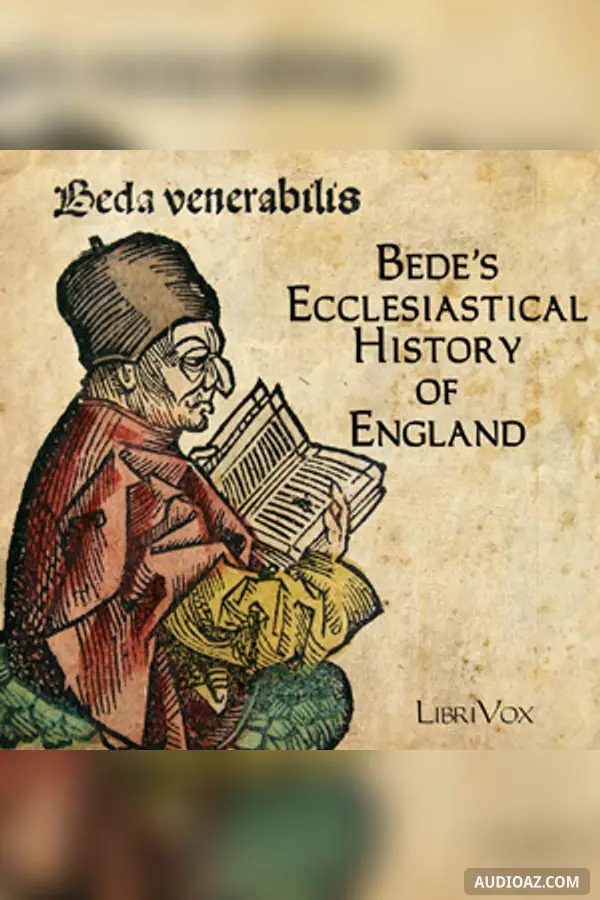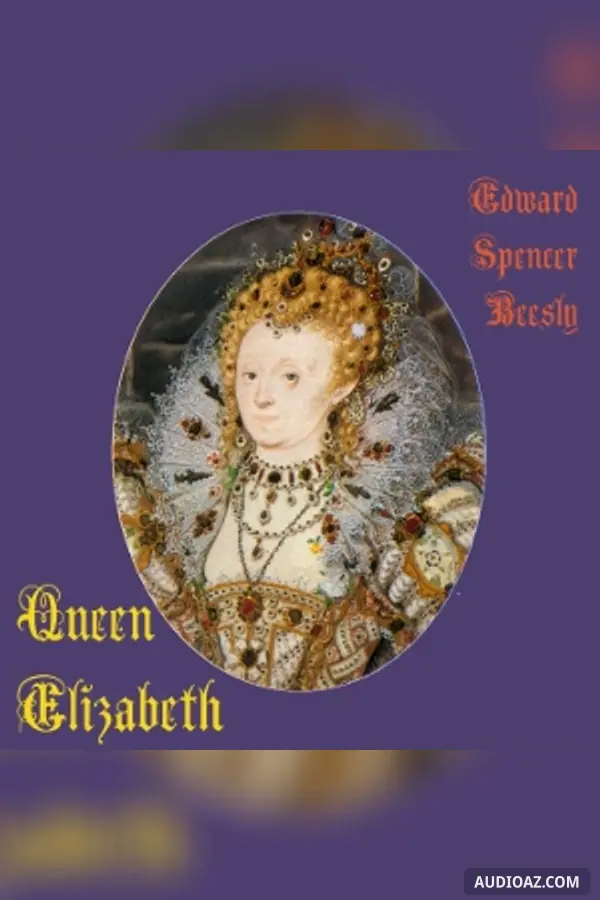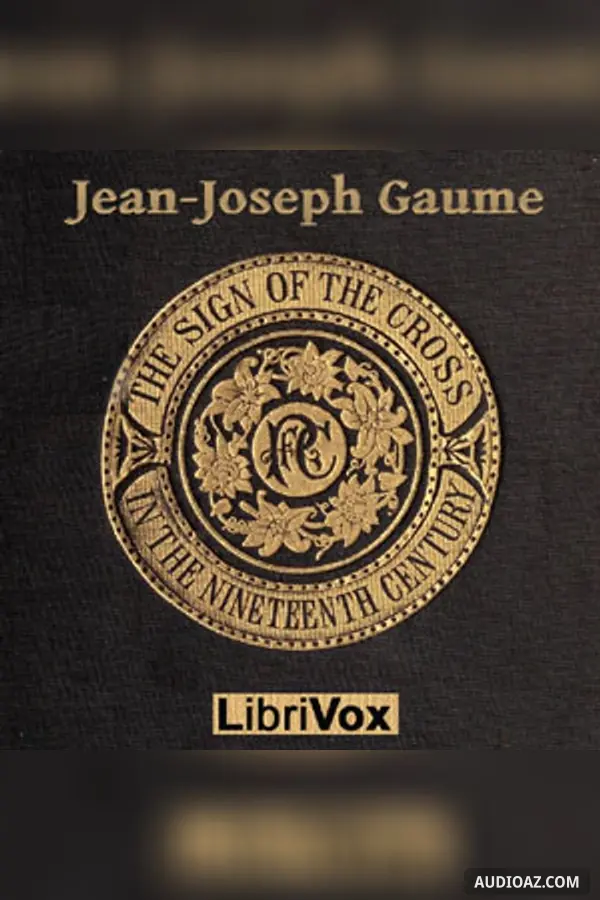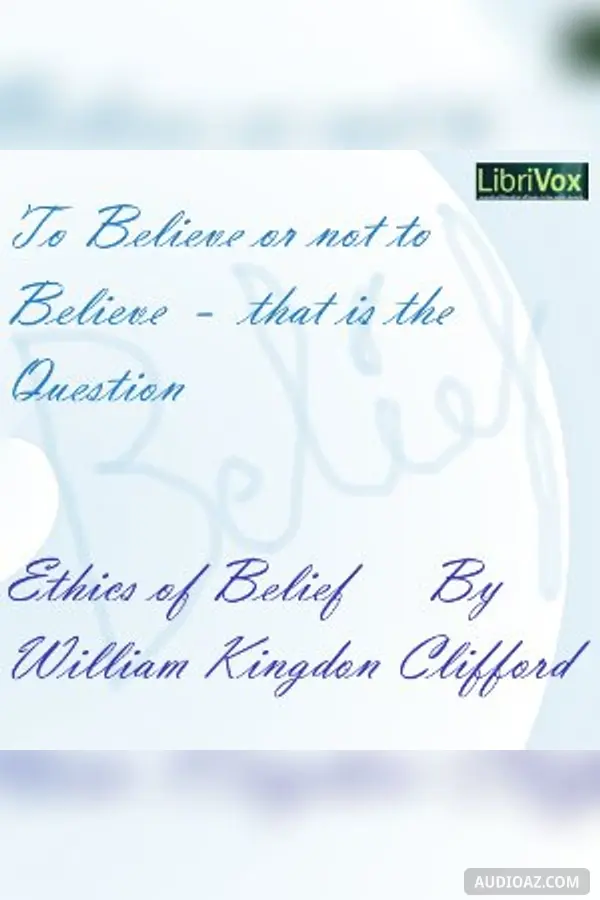
Bede's Ecclesiastical History of England - Free Audiobook
Author(s): The Venerable Bede
Language: English
Genre(s): Christianity - OtherHistoryMiddle Ages/Middle HistoryNon-fictionReligion
1 / 2901 - Editor's Preface & Introduction
- 1. 01 - Editor's Preface & Introduction
- 2. 02 - Life of Bede & Preface
- 3. 03 - Book I, Chapters 1-8
- 4. 04 - Book I, Chapters 9-17
- 5. 05 - Book I, Chapters 18-26
- 6. 06 - Book I, Chapter 27
- 7. 07 - Book I, Chapters 28-34
- 8. 08 - Book II, Chapters 1-3
- 9. 09 - Book II, Chapters 4-9
- 10. 10 - Book II, Chapters 10-13
- 11. 11 - Book II, Chapters 14-20
- 12. 12 - Book III, Chapters 1-7
- 13. 13 - Book III, Chapters 8-14
- 14. 14 - Book III, Chapters 15-21
- 15. 15 - Book III, Chapters 22-24
- 16. 16 - Book III, Chapters 25-26
- 17. 17 - Book III, Chapters 27-30
- 18. 18 - Book IV, Chapters 1-4
- 19. 19 - Book IV, Chapters 5-11
- 20. 20 - Book IV, Chapters 12-17
- 21. 21 - Book IV, Chapters 18-22
- 22. 22 - Book IV, Chapters 23-25
- 23. 23 - Book IV, Chapters 26-32
- 24. 24 - Book V, Chapters 1-7
- 25. 25 - Book V, Chapters 8-12
- 26. 26 - Book V, Chapters 13-18
- 27. 27 - Book V, Chapters 19-20
- 28. 28 - Book V, Chapter 21
- 29. 29 - Book V, Chapters 22-24, Continuation
About
Bede's Ecclesiastical History of England is a work in Latin by Bede on the history of the Christian Churches in England, and of England generally; its main focus is on the conflict between Roman and Celtic Christianity. It is considered to be one of the most important original references on Anglo-Saxon history. It is believed to have been completed in 731, when Bede was approximately 59 years old. Divided into five books, it covers the history of England, ecclesiastical and political, from the time of Julius Caesar to the date of its completion (731).
The History of the English Church and People has a clear polemical and didactic purpose. Bede sets out, not just to tell the story of the English, but to advance his views on politics and religion. In political terms he is a partisan of his native Northumbria, amplifying its role in English history over and above that of Mercia, its great southern rival. While Bede is loyal to Northumbria, he shows an even greater attachment to the Irish and the Irish Celtic missionaries, whom he considers to be far more effective and dedicated than their rather complacent English counterparts. His final preoccupation is over the precise date of Easter, which he writes about at length. It is here, and only here, that he ventures some criticism of St Cuthbert and the Irish missionaries, who celebrated the event, according to Bede, at the wrong time. In the end he is pleased to note that the Irish Church was saved from error by accepting the correct date for Easter. (Summary modified from Wikipedia)
Comments
Be the first to comment
There aren't any comments on this content yet. Start the conversation!
Discover More
Tags: Bede's Ecclesiastical History of England audio, Bede's Ecclesiastical History of England - The Venerable Bede audio, Christianity - Other audio, History audio, Middle Ages/Middle History audio, Non-fiction audio, Religion audio, free audiobook, free audio book, audioaz






